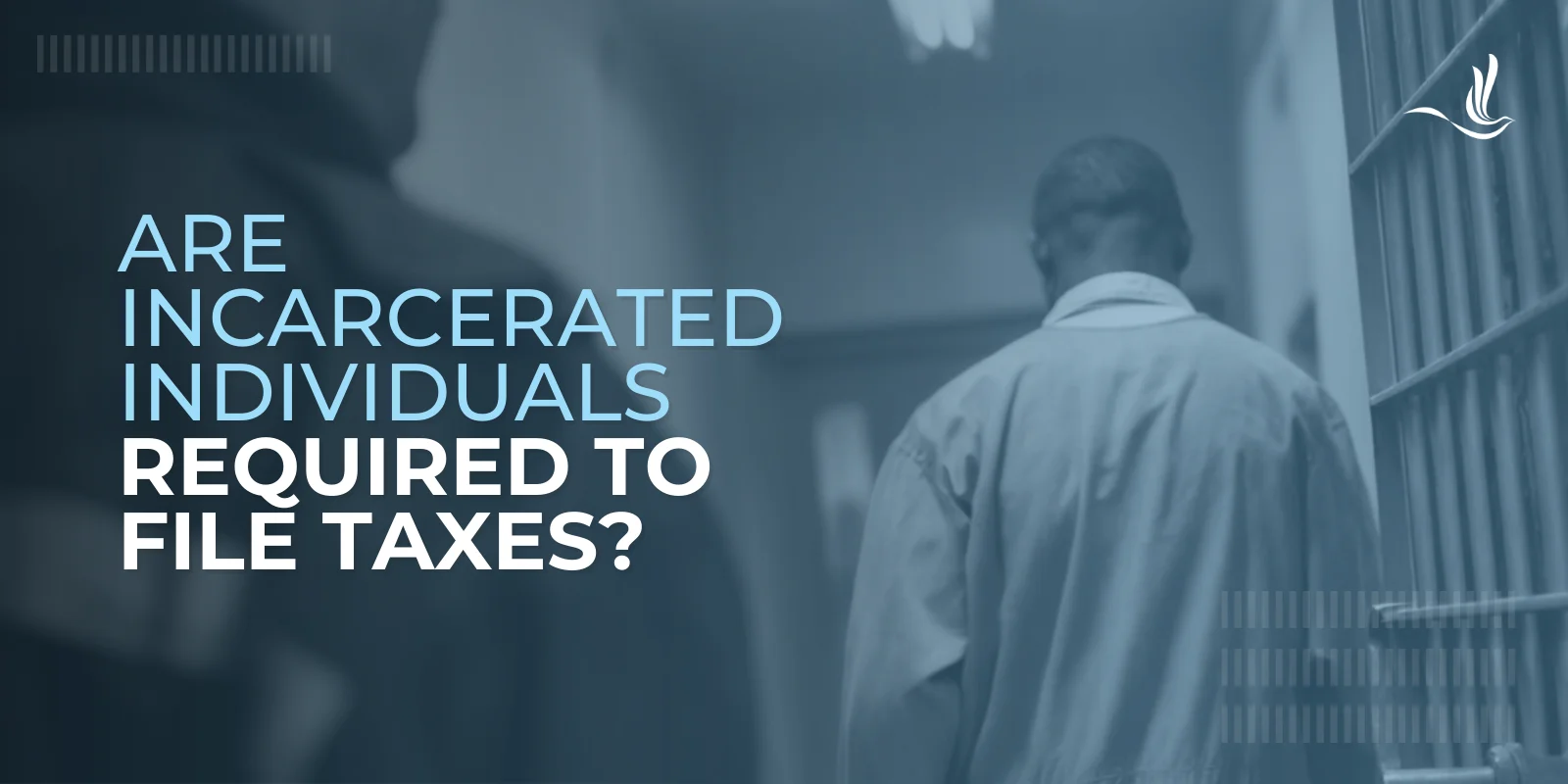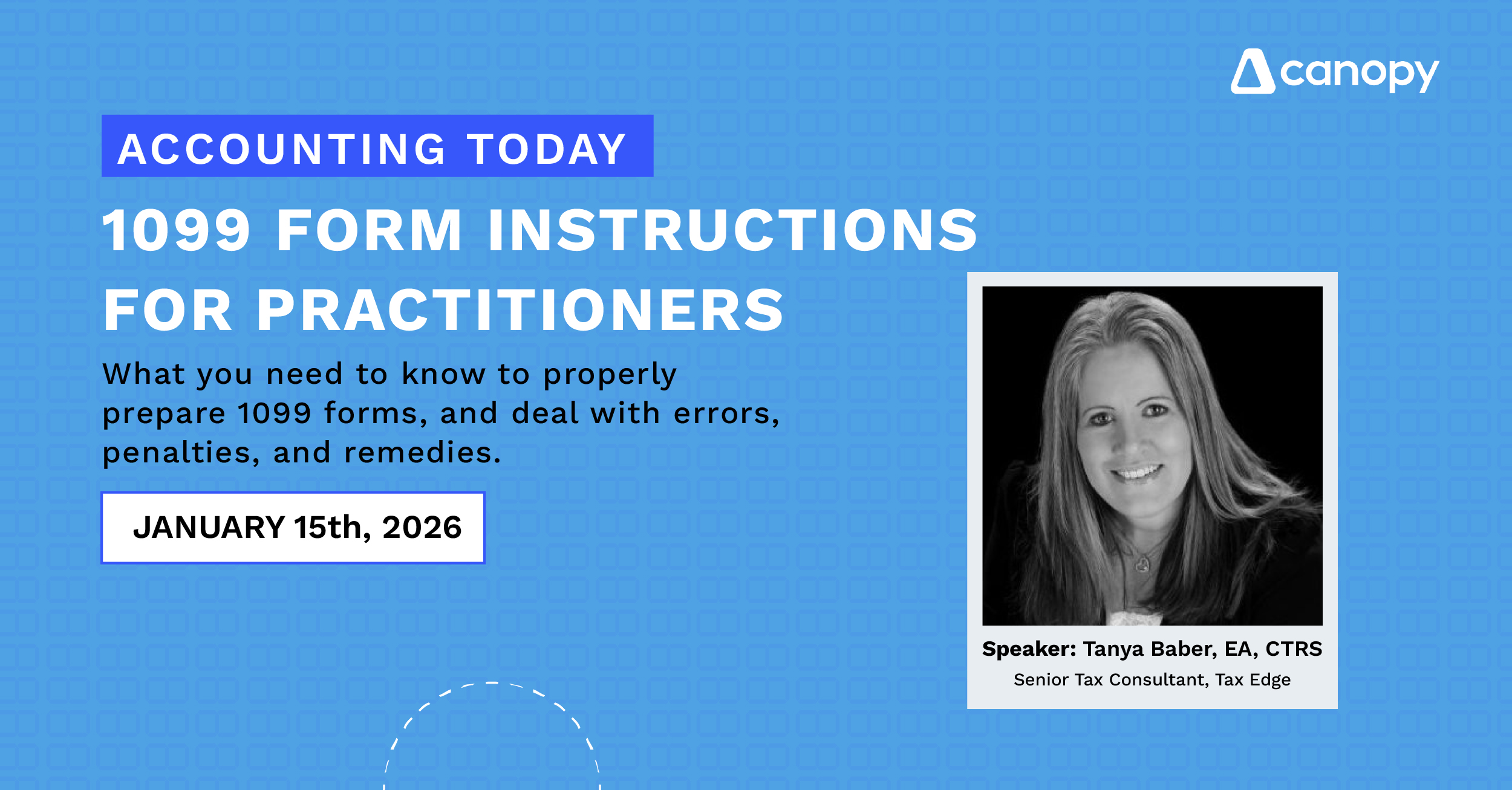What one expects as data or information a business would commonly capture and maintain has changed dramatically over time. Readers who are older will appreciate this. The truth is that businesses tracked financial ins and outs and a few other items in the 1980s and leading up to the early 2000s.
It was the addition of the PC, Windows, and applications like spreadsheets in the early 1990s that allowed businesses to start tracking information in masse. Prior to this creating and maintaining data was hard. It was expensive. And it was largely a manual input process. And it was boring.
Armed with new tools, corporate accounting departments and then operation departments got to work on accumulating data. The data accumulation compounded over years—and then decades. The decades after the adoption of PCs saw the growth of software to manage and use the data that was created and stored. Software went from helpful to required. And we are not talking any software. We are talking about several discrete specialized software that produces varying outputs–all of which require specialized skills to know how to use it and how to evaluate whether its outputs are correct.
It is this backdrop that poses the question as to what happens when the software does not work? What happens when that software fails to perform as expected? Does reliance on faulty software provide reasonable cause to abate penalties for unfiled information returns? The recent case of Dealers Auto Auction of Southwest LLC v. Commissioner, T.C. Memo. 2025-38, provides an opportunity to consider these questions.
Facts & Procedural History
The taxpayer in this case was a business that operates an automobile auction house in Phoenix, Arizona. In the normal course of business, the business regularly received cash payments exceeding $10,000. This triggered Form 8300 reporting requirements under the tax code.
This tax dispute wasn’t the business’ first experience with Form 8300 compliance issues. In 2014, the business had failed to file some Information Reporting Returns resulting in the IRS Sections 6721 and 6722 penalties in the amount of $21,200.
In response to these earlier failures, the business purchased AuctionMaster software from Integrated Auction Solutions (“IAS”). This softare included modules for specialized reporting, including Form 8300 preparation. According to promotional materials, the software “has been setup [sic], tested in audits and approved for use by the IRS.”
For 2016, the software generated 116 Forms 8300 for the business, but the IRS determined that the business should have filed an additional 266 Forms 8300. The IRS assessed penalties totaling $118,140 for these failures. The business did not realize its noncompliance until the IRS examination began. After learning of the failures, the company implemented corrective actions, clarified its filing obligations with the IRS, and implemented new internal controls.
In November 2019, the IRS sent the business a Notice of Federal Tax Lien Filing. The business requested a Collection Due Process hearing, challenging its underlying liability and seeking reasonable cause abatement of the penalties. For the CDP hearing, the Appeals Officer rejected the reasonable cause argument and the business filed its petition with the U.S. Tax Court for review.
Section 6050I Information Return Requirements
To understand this case, we have to start with the information return requirements.
Section 6050I of the tax code sets out information reporting requirements for large cash transactions. This requires any person who, in connection with their trade or business, receives more than $10,000 in cash in a single transaction (or two or more related transactions) to file an information return with the IRS.
The purpose behind this requirement is to help the government track large cash transactions that might otherwise escape detection. Cash transactions, by their nature, leave less of a paper trail than electronic payments or checks, making them potentially more susceptible to use in money laundering, tax evasion, or other financial crimes.
The information return filed with the IRS must identify the person from whom the cash was received, the amount received, the date and nature of the transaction, and other information as required by regulations. This information return is submitted on Form 8300.
Additionally, under Section 6050I(e), the business receiving the cash must furnish a written statement to each identified person containing specific information reported to the IRS. This statement must be furnished on or before January 31 of the year following the calendar year in which the cash was received.
What Are the Penalties for Form 8300 Filing Failures?
As with anything that is a “requirement” for tax purposes, there are penalties for failing to satisfy the requirement.
As it did in this case, the IRS can impose penalties for failures to file required information returns under Sections 6721 and 6722. These penalties apply to various information returns, including Forms 8300 required under Section 6050I.
Section 6721 imposes a penalty of $250 for each Form 8300 a business fails to file, not to exceed $3 million for any calendar year. This amount is subject to inflation adjustments. If a business corrects the failure within 30 days, the penalty is reduced to $50 per failure.
Similarly, Section 6722 imposes a $250 penalty for each payee statement a business fails to furnish, also capped at $3 million annually and subject to inflation adjustments. The penalty is likewise reduced to $50 per failure if corrected within 30 days.
In this case, the business had penalties assessed for $68,640 for 264 Forms 8300 that were more than 30 days late, $100 for 2 Forms 8300 less than 30 days late, $16,380 for 63 delinquent dealer notifications, and $33,020 for 127 delinquent “Runner” notifications, totaling $118,140.
When Does Reasonable Cause Apply to Information Return Penalties?
Congress has recognized that penalties are not always appropriate. For most civil tax penalties, Congress has provided a reasonable cause defense that can be used to avoid the imposition of penalties. Congress made this a discretionary provision that the IRS can apply or not apply.
As relevant for this article, businesses can avoid these penalties if they can demonstrate that the failure to file or furnish was due to reasonable cause and not willful neglect. Under Treasury Regulation § 301.6724-1(a)(2), a taxpayer has reasonable cause when either:
There are significant mitigating factors with respect to the failure, or
The failure arose from events beyond the filer’s control.
Additionally, the filer must also establish that it acted in a responsible manner both before and after the failure occurred.
Significant mitigating factors generally refer to first-time offenses, including situations where the filer was never previously required to file that particular type of return or has an established history of compliance. The business in this case could not claim these mitigating factors because it had previously filed these forms and had prior compliance failures.
Events beyond the filer’s control can include unavailability of business records, economic hardship related to filing on magnetic media, certain actions by the IRS, actions of an agent, or actions of the payee or another person providing necessary information.
The regulation does not specifically address software failures, but the IRS’s Internal Revenue Manual (its policy manual) acknowledges that failures related to software and hardware can constitute events beyond a filer’s control for purposes of the reasonable cause defense.
Can Software Malfunctions Provide Reasonable Cause?
The central issue in this case was whether reliance on allegedly malfunctioning software could constitute reasonable cause for failing to file information returns. This raises an important question for businesses that increasingly depend on specialized software for tax advice and compliance.
The tax court distinguished this situation from cases involving accuracy-related penalties, where it has generally held that “software does not constitute professional advice” for reasonable cause purposes. This is the so-called “turbo tax” defense that the court has rejected. The court noted that reliance on software is not available as a reasonable cause defense when the taxpayer fails to input correct information, citing Bunney v. Commissioner.
However, the tax court suggested that a software malfunction could potentially qualify as a failure beyond the filer’s control when the filer used the software correctly. The court acknowledged that Treasury Regulation § 301.6724-1(c)(1) does not preclude finding that a software malfunction could constitute reasonable cause.
The tax court also rejected the IRS’s argument that the duty to file information returns is non-delegable under United States v. Boyle–which is the leading court case that sets out the reasonable cause defense. The court noted that Boyle does not preclude the application of reasonable cause when a filer is misadvised about the need to file a return. The business here wasn’t arguing that it delegated its filing obligation to the software, but rather that the software failed to notify it that returns needed to be filed.
Why Was There No Reasonable Cause Here?
Despite the court’s openness to the possibility that software failures could constitute reasonable cause, the court concluded that the business here did not qualify for reasonable cause for two key reasons.
First, the business failed to establish that the software actually malfunctioned. The record was unclear about how the software allegedly failed. The instructions suggested the software prepared Forms 8300 for printing, but the business claimed the software filed the forms automatically. The court could not determine whether the supposed failure was a failure to create the required forms or a failure to file them. Communications between the busienss and IAS (the software maker) mentioned “improved” features in a software update, but nothing in the record established that the software was failing to perform as intended.
Second, the business failed to demonstrate responsible behavior before and after the failure. The court noted that the business did not establish that it was correctly using the software or that data was being entered correctly. The record provided no insight into the business’s installation, training, or use of the software.
Moreover, the business did not establish that it took reasonable steps to foster compliance. The significant drop in the number of Forms 8300 generated by the software in 2016 (116) compared to the required filings in 2014 (at least 212) should have alerted the company that something was wrong. The court noted that the business offered no explanation for why this reduction would have appeared reasonable.
The Takeaway
This case shows that while software failures may potentially constitute reasonable cause for penalty abatement, businesses must do more than simply blame the software when things go wrong. To establish reasonable cause based on software failures, businesses must document how the software was supposed to work, how it actually worked, and what steps they took to ensure compliance despite the failure. This puts the focus on gathering information after the tax compliance problem is discovered to document the “why” for the compliance problem that had already occurred. Creating and keeping these post-event records should be the focus.
Watch Our Free On-Demand Webinar
In 40 minutes, we’ll teach you how to survive an IRS audit.
We’ll explain how the IRS conducts audits and how to manage and close the audit.




























